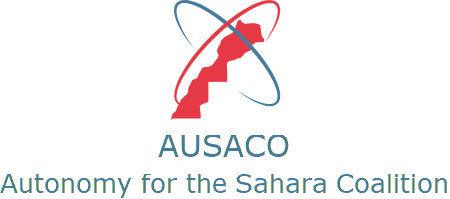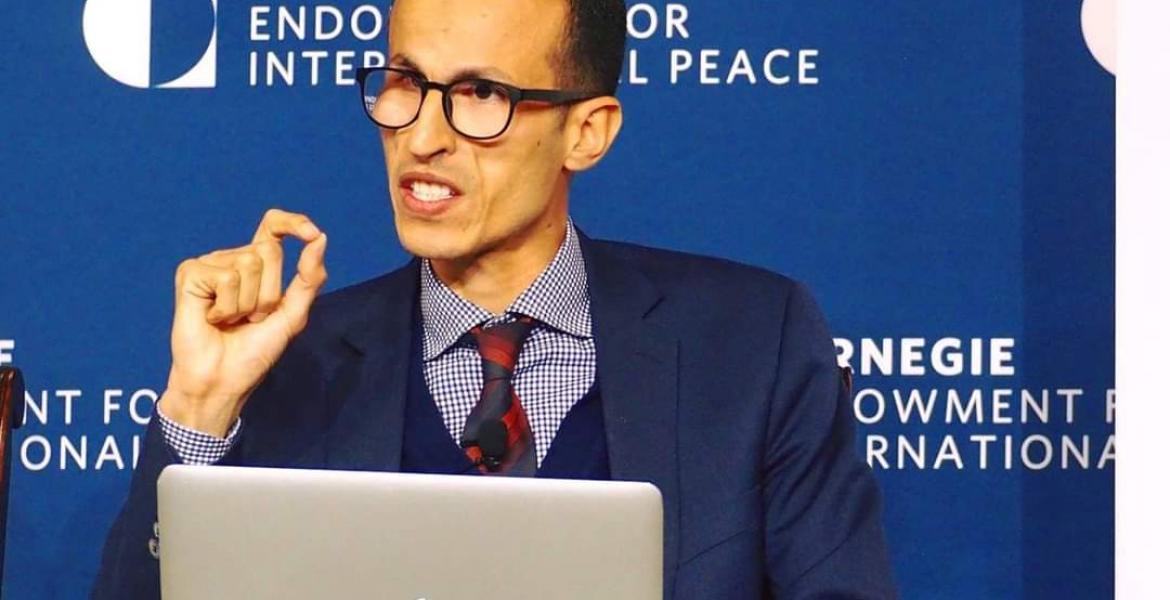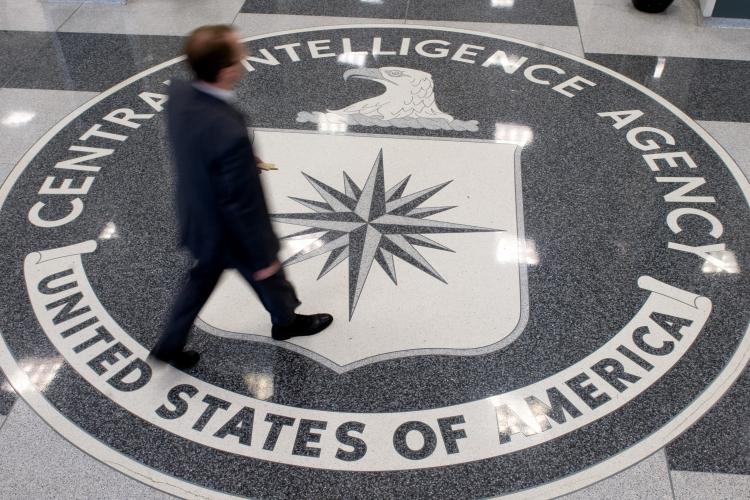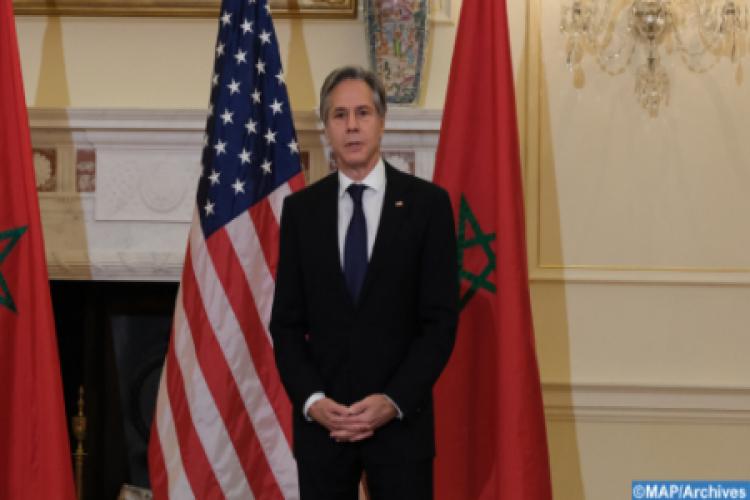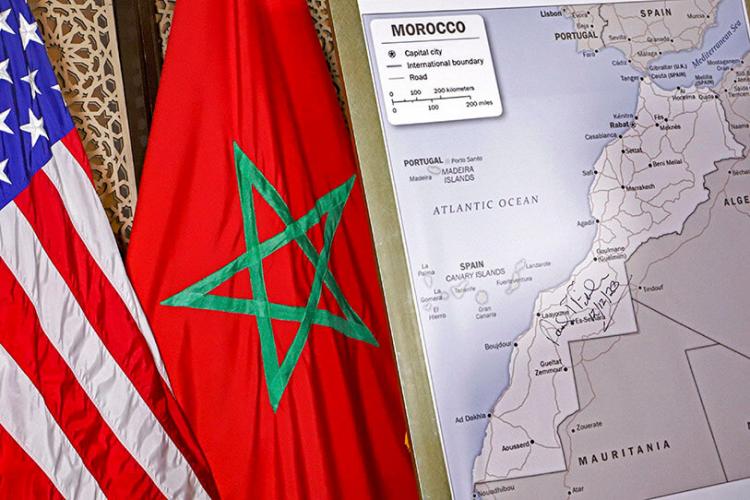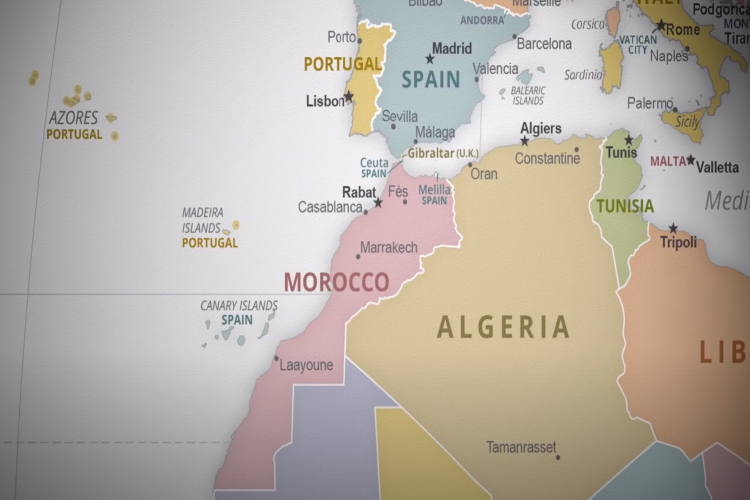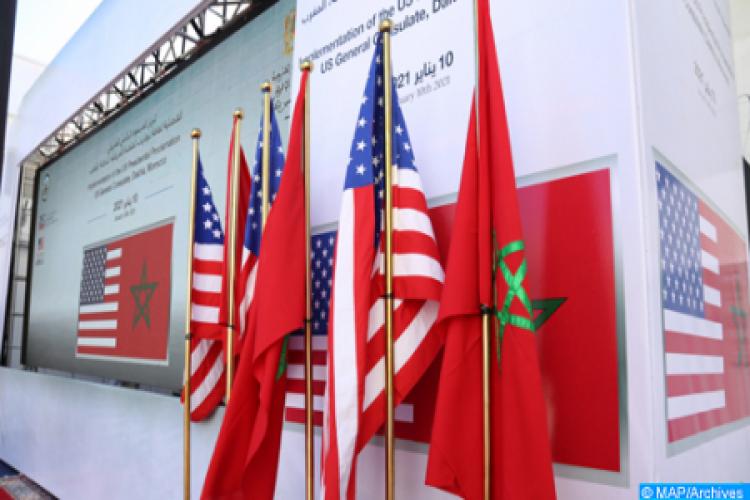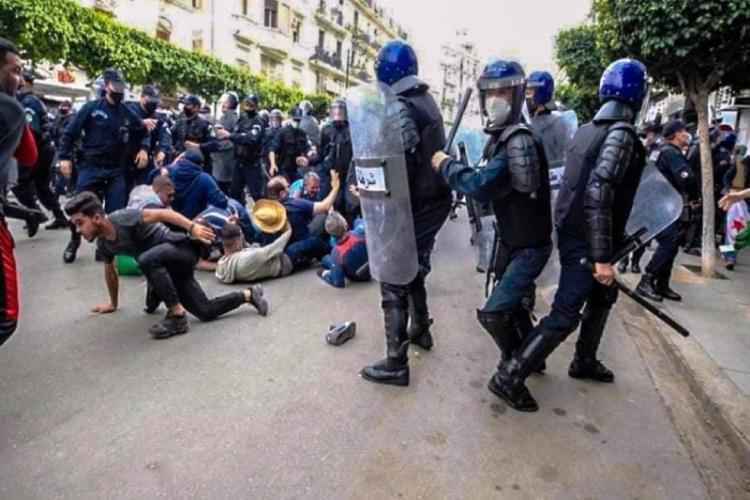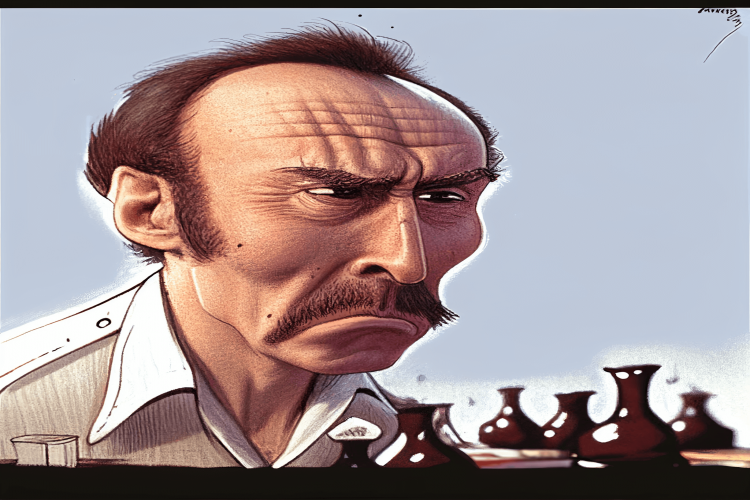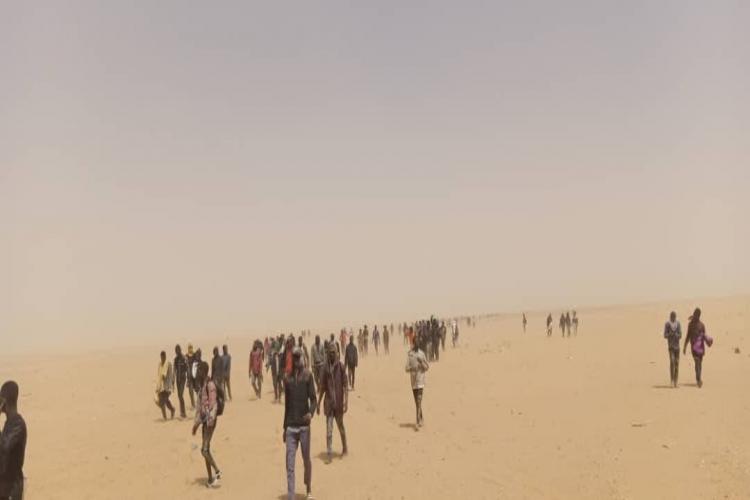I’m a Sahrawi Who Lives in Morocco. Here’s Why I Support the US’s Recognition of Morocco’s sovereignty over the Western Sahara.
In late 2020, the US legally recognized Morocco’s sovereignty over the Western Sahara, and affirmed that the Moroccan Autonomy Initiative is the only basis for a realistic, serious and credible solution to the regional dispute over the territory. Since its completion, critics of the US recognition have come out in full force: Some have said that this decision tramples on the rights of the Sahrawi people who live in Western Sahara, and they’ve called for the Biden administration to undo it.
I am a Sahrawi, and I not only support the US’s recognition of Morocco’s sovereignty over the Western Sahara, but I believe that unraveling it could do irreparable harm to the Sahrawi and to peace and stability in the region.
The Sahrawi have long lived with people speaking on our behalf who don’t live in the territory nor understand our situation.
In fact, the Polisario Front—a separatist group created in 1973 by the Kadhafi regime at the time and taken over by Algeria —have claimed to speak for the Sahrawi for decades, and they are the ones pushing opposition to Morocco’s sovereignty over Western Sahara. The Polisario sell themselves well: They use international media to paint the Sahrawi people as aggrieved and attacked, and they have tried to push the narrative that the Polisario are freedom fighters valiantly standing up for Sahrawi rights.
Here’s the reality: Like many mercenary groups, the Polisario’s only interest is in advancing the geostrategic interests of their Algerian mentor as well as in enriching themselves—not in helping the Sahrawis. Case in point: The Polisario run refugee camps in Algeria, which are home to thousands of Sahrawis. The conditions in these camps are tragic and dehumanizing, and they are a direct result of Polisario actions facilitated by Algeria. Indeed, Algerian authorities have devolved jurisdiction over the camps to the Polisario Front, an armed non-state actor, in a blatant violation of international humanitarian law. The UN Human Rights Committee has rightly expressed its concerns over the consequences of this de facto devolution of power on human rights protection in the camps.
Over the years, the Polisario have diverted aid intended for this region, with Algeria’s active complicity and with Algerian officials benefitting from the embezzlement, and the people under their watch have suffered. It is the only “refugee camp’ in the world where a UN census hasn’t been allowed and the Sahrawis in these camps are not allowed out.
Algeria and Polisario are hoping that the Western Sahara remains “disputed,” because the longer it does, the less attention is paid to the Polisario’s corruption and malfeasance, their pilfering of humanitarian supplies, and their unwillingness to negotiate. And critically, if the “dispute” ends, the Polisario loses their international funding sources.
I and many Sahrawi are tired of being used as political pawns in a regional dispute that should have been resolved decades ago. The US took a critical step in such a resolution by recognizing Morocco’s sovereignty over Western Sahara and supporting the autonomy plan as a solution of compromise. They aren’t the only nation to do so. To this day, more than 20 other countries have opened consulates in Western Sahara—a move that confirmed their recognition of Moroccan sovereignty. Over 40 countries demonstrated their effective support to the autonomy solution under Moroccan sovereignty during the international conference recently held with the US Government this past January. Importantly, these countries stated that the US decision provides guidance to the UN-led political process and advances the search for a realistic, practicable, and enduring solution that rests on compromise to the regional dispute.
That multi-country recognition reflected facts on the ground. Sahrawis vote in Moroccan elections, and the region is administered by locally elected officials. The UN has recognized that these democratically elected officials are the representatives of the people of the region. Furthermore, many Sahrawis have achieved success in business and government across the Kingdom. Our specific cultural heritage is also enshrined in the Moroccan Constitution, as is the Hebrew cultural heritage of the Kingdom.
Far from being “an occupied people,” we feel part and parcel of Moroccan life.
We’re also eager to turn the page on this matter and build Western Sahara into what it could be. Morocco has invested in that future by committing more than 8 billion US dollars to development in the region. Others also have poured billions of dollars to develop this region into a commercial center. The US itself recently committed $3 billion for Moroccan-based banks and hotels; a US wind energy start-up announced that it might set up a subsidiary here as well. The more countries recognize this territory as part of Morocco, the more such development will take place and the better off the people of this region will be.
A final word on the resumption of the ties between the Kingdom and the State of Israel: it is a natural step in the millenary history of peaceful coexistence between Muslims and Jews in Morocco. The ties between the two countries are both extensive and grounded in history, as Morocco is home to one of the largest Jewish communities in the Arab world, and the Moroccan Jewish community is one of the largest in Israel. During World War II, late King Mohammed V refused to hand over Moroccan citizens of Jewish confession to the Vichy authorities, thus preventing their deportation to extermination camps, a heroic act for which he is now recognized as a Righteous among the Nations.
As a Sahrawi, I am encouraged by these efforts and by the contributions of the nation I call home. My hope is that the world recognizes Morocco’s sovereignty over Western Sahara—for it is the only rightful thing to do for the Sahrawi.
